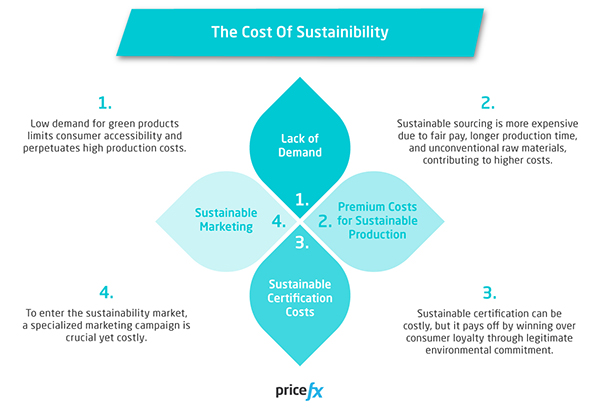The interplay of sustainability, geopolitics and supply chain management presents opportunities and challenges, emphasizing the role of AI.
It’s been just over a year since ChatGPT took the world by surprise and in just one year the level of progress that’s been evident in Generative AI has sparked a flood of platforms and solutions that want to take advantage of Large Language Models (LLMs) across any and all use cases.
This AI revolution opens up exciting possibilities. Companies can now engage with their customers at a deeper level and gain valuable insights into how their products and services bring value to customers’ lives.
But LLMs are not limited to advanced chatbots alone, and AI in general is not going to be limited to analytical applications; more and more companies are seeing an influx of technologies that help them reach new levels of productivity and efficiency.
One such technology making waves is the concept known as Digital Twins, models that allow companies to replicate real-life conditions (i.e. architectural plans, production facilities, product testing environments) and run them to banks of tests and conditions that would be impossible to do in the real world.
AI can supercharge these models by creating scenarios that were never thought of and identify potential areas of risk in these models way before they are put into place or manufactured and brought to market.
The power of AI is undeniable, and its adoption is driving transformative changes in multiple industries, promising to enhance productivity, quality, and safety in unprecedented ways.

The shift to electric vehicles (EVs) within the automotive industry is just a glimpse of the broader transformation underway. Consumers and customers alike, whether its on a B2B or B2C environment, are increasingly demanding sustainable solutions and platforms from companies across various sectors.
This shift towards sustainability extends beyond purely environmental causes, it has been tested and proven that embracing renewable sources of energy, responsibly sourced materials, and investments in smart technologies in the manufacture of these products and services is going to be front and center for many years to come.
Finally, an increase in regulation and government incentives in this regard will represent an opportunity to make the shift along with a sense of social media pressure as companies will be expected to align to what the market they serve expects from them.
To succeed in this environment, companies must not only adapt but also be leaders in the path towards sustainability and social responsibility. Ignoring that these values are integral to the modern business world could impact companies in the long run.
Overall this will continue to be a topic for the foreseeable future as semiconductor manufacturers are engaged in a fierce race to become the dominant platform in the global market. Recent developments, such as the US imposing a ban on semiconductor trade with China, have further exacerbated the shortage of chips.
Some of the most important manufacturers in Taiwan and the US will have to deal with new controls for export, as seen recently when NVIDIA announced they would be working on a scaled down version of their chips to be sold to China companies. This move is intended to protect the technological platform that has been widely used in AI applications.
These disruptions are unlikely to go away in 2024, and possibly beyond. The political landscape, especially in the United States, will play a critical role in shaping the semiconductor industry’s trajectory. The global semiconductor market is at a crossroads, and companies operating in this space as well as those heavily dependent on these platforms must prepare and understand how best to navigate these challenges.
In a heavily charged political scene in 2024 many companies can get a head start by learning from the past. Identifying potential exposure into their processes that might be impacted by policies such as tariffs and export control requirements will be crucial.
Identifying ways to quickly react to raising costs due to disruptions or setting up backup supply chains to maintain productivity in manufacturing lines can be the difference from companies coming ahead vs being left behind.
Leveraging AI technologies will be indispensable, the use of predictive models to anticipate potential challenges, optimize supply chain management, and prepare strategies to mitigate risks will help businesses create a critical advantage in the market.
To summarize, the evolving landscape of technology, sustainable practices, political landscape, and supply chain management will present both opportunities and challenges for organizations across the spectrum. Leveraging AI and adopting innovative technologies that streamline how companies operate, enhance their changes to tackle a field full of uncertainties will be critical to success. And by learning from the lessons of the past the industry as a whole can position itself to not only survive by thrive in the uncertain possibilities of 2024 and beyond.

About the Author:
Jose Paez is a Solution Strategist at Pricefx with 14 years of experience as a pricing practitioner. In his career, he has led in every aspect of pricing from analysis and optimization to pricing strategy definition and execution. His experience in driving and implementing initiatives in digital transformation has given him insight into the typical roadblocks organizations face and the best paths to release the untapped potential of pricing organizations.
Scott Ellyson, CEO of East West Manufacturing, brings decades of global manufacturing and supply chain leadership to the conversation. In this episode, he shares practical insights on scaling operations, navigating complexity, and building resilient manufacturing networks in an increasingly connected world.